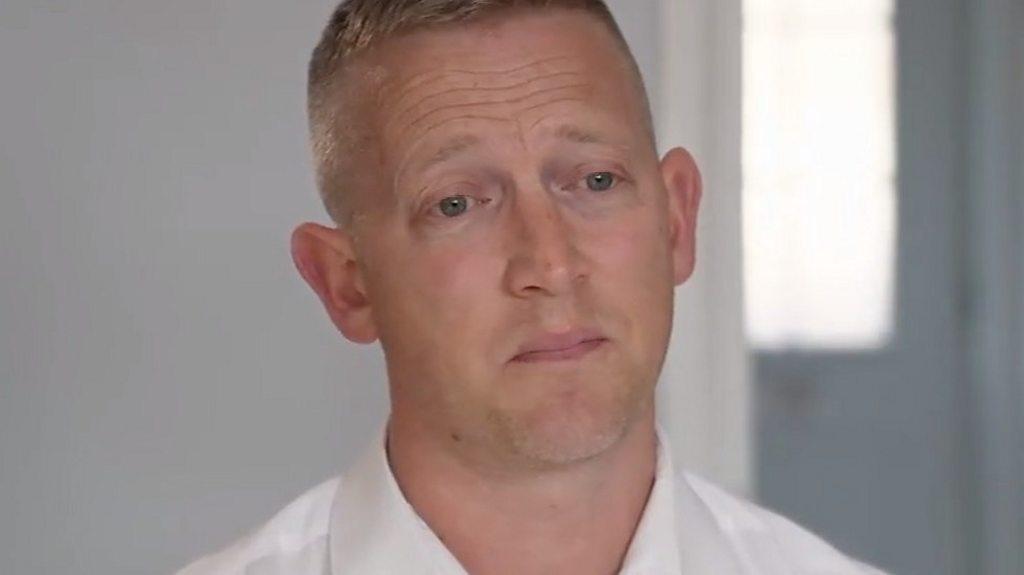Energy costs: Disabled people say they struggle to live
- Published
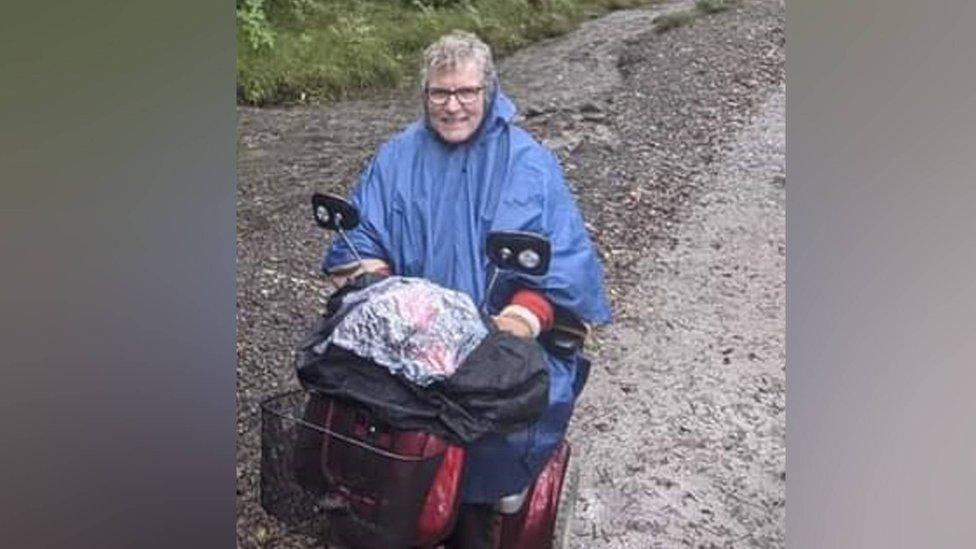
Karen Harris says her situation is getting worse
As a personal finance expert calls for "humanitarian" help on rising energy bills, disabled people in Wales have said they are struggling to cope.
Martin Lewis has been campaigning for government help for disabled people as the energy price cap rises.
He told BBC Radio 5 Live: "For God's sake, we need to help them… this is not a party political point, this is a humanitarian point."
Disability campaigners said a simple life had become unaffordable.
Karen Harris, from Ystalyfera, Neath Port Talbot, said: "Things at my end are getting worse.
"My gas and electric increased about £25 per week - my old £80 per month direct debit has gone up to £190.
"I can't afford this, so have limited my direct debit to £100 per month and I'll have to turn the heating off.
"My ESA (Employment and Support Allowance) is £117 per week. Almost quarter of my income is gas and electric.
"Food bills are also increasing, not to mention fuel for my WAV (wheelchair accessible vehicle)."
She said she was used to budgeting, but the higher price cap meant necessities would become luxuries.
"I'm used to living on low income and I know how to shop around. My gas and electric are considered to be low use. But even so, decisions will have to be made - I'm not going to be able to afford even a basic level of comfort.
"Life will be seriously uncomfortable. And when you're dealing with ill health on a permanent basis, you need a few home comforts and that is going to become a luxury.
"This country is going back to the Dark Ages - and those who are vulnerable are going to be left behind."

Trevor Palmer says it is a struggle to cope with rising costs as a disabled person
Disability Wales director Trevor Palmer, 67, from Newport, is a full-time wheelchair user with multiple sclerosis and chronic obstructive pulmonary disease.
"The heating has to be on full blast, so that's quite expensive," he said.
"We have to make sure we've got really hot water because I need to be washed (by the carers), so it is very very expensive. And fuel costs have gone up as well. Food prices have gone sky high - fresh food is very expensive these days.
"We struggle because although I do some work, I live on a pension and my wife gets some carer's allowance, which is not very much.
"Every penny we have is just gone on paying bills. We don't live a flashy lifestyle at all, I can assure you."
Charities such a hospices, which run medical equipment, have also struggled to cope with rising energy bills.
Jason Foster, director of finance and corporate service for children's hospice Tŷ Hafan, said the charity's income had been significantly impacted by the pandemic and costs of running services have had to be managed very closely.
"The recent increase in energy costs will hit us hard, especially when we have to negotiate new terms with our supplier later this year," he said.
"We spend over £130,000 per annum on gas and electricity across our hospice facilities in Sully and our retail estate across south, west and mid Wales.
"To help offset the costs, with the help of private grant funding, we have recently installed solar panels at the hospice.
"However, we are also mindful of the indirect impact the energy price rises will have on us as this will inevitably raise the cost of living for the general public, and of course for our staff, and potentially reduce the donations that we so heavily rely on."
- Published1 April 2022
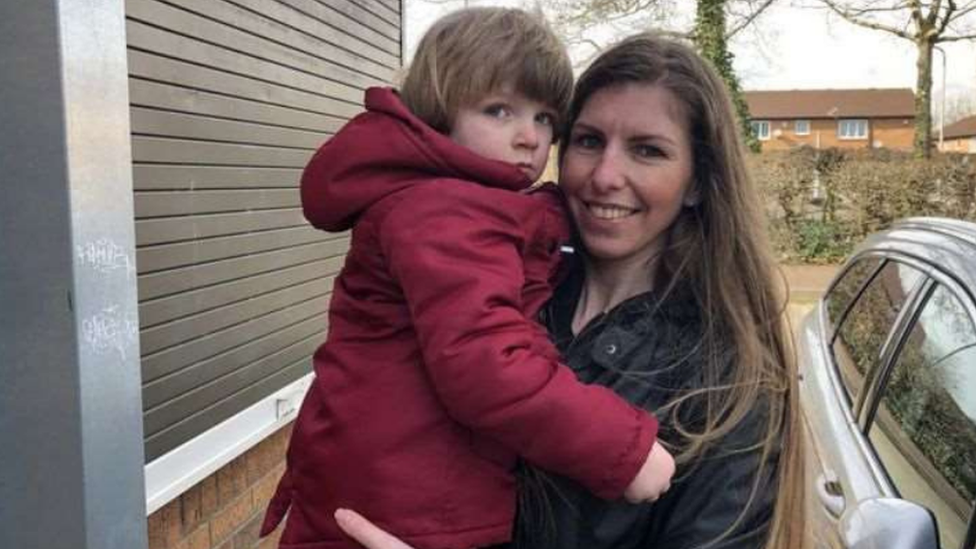
- Published1 April 2022

- Published3 February 2022
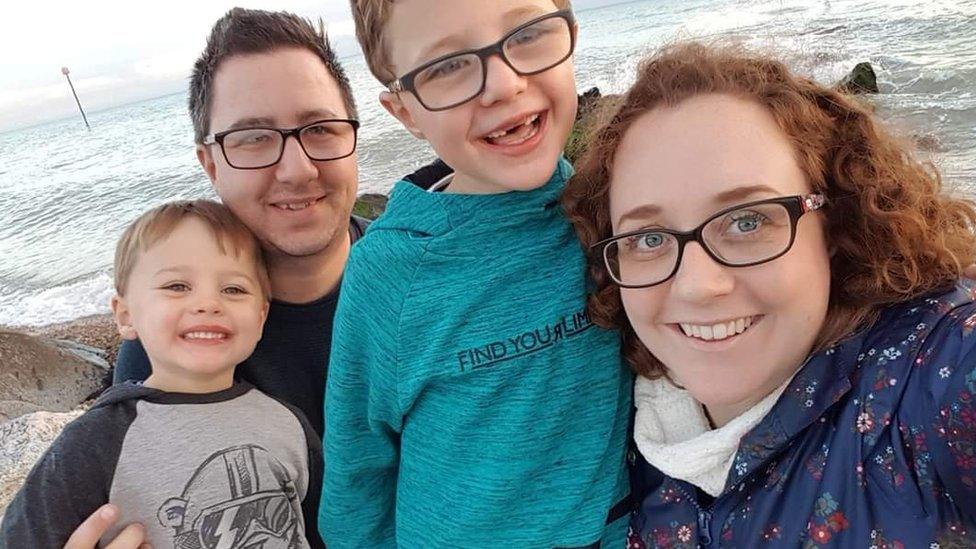
- Published1 April 2022

- Published1 April 2022

- Published28 March 2022
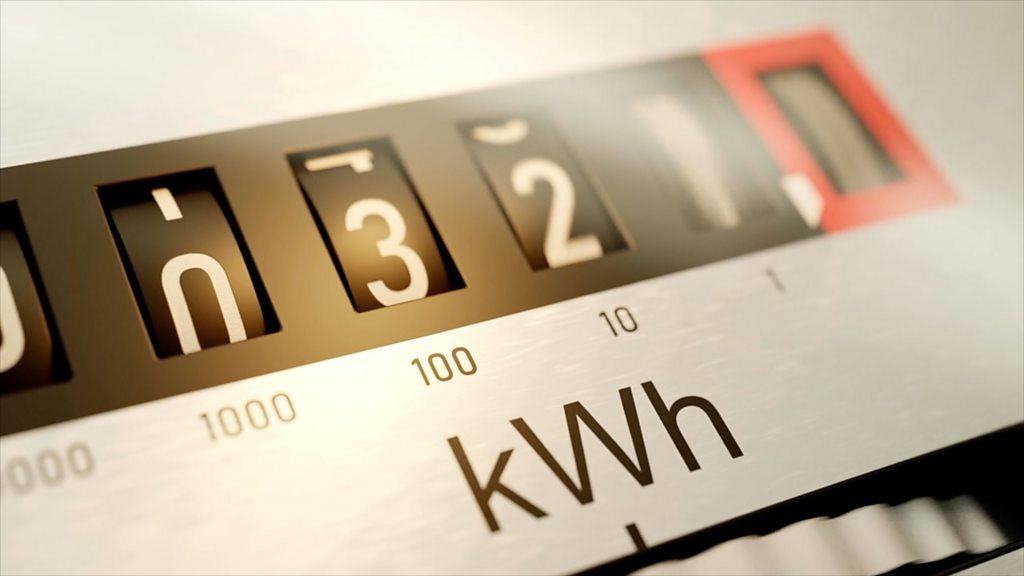
- Published1 April 2022

- Published1 April 2022
